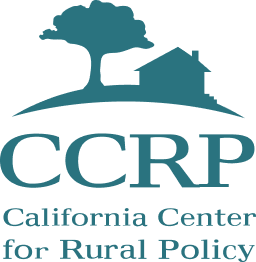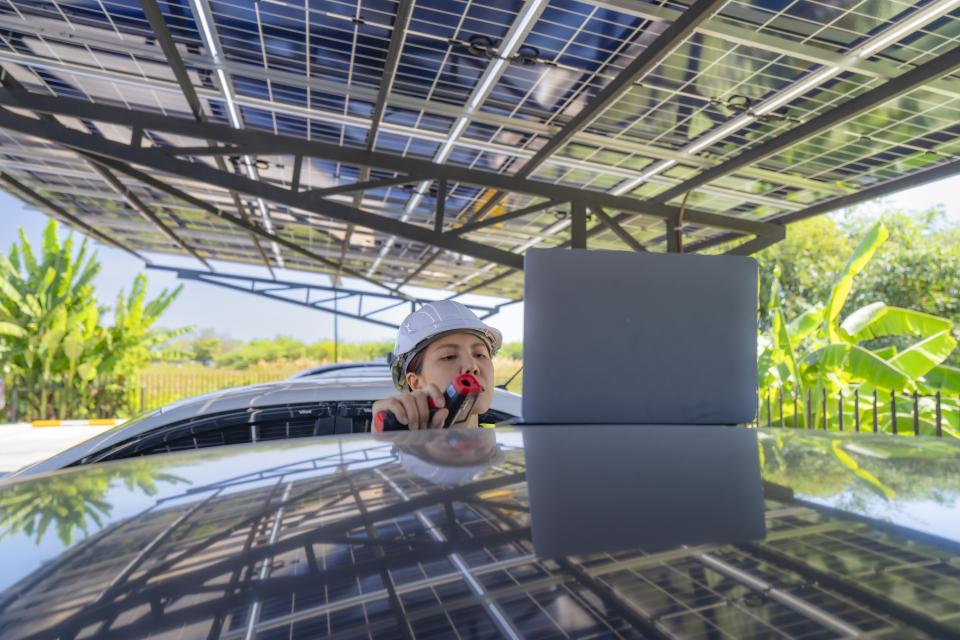Pinoleville Solar Port & Renewable Energy Workforce Development Project
The Pinoleville Pomo Nation addresses critical energy and employment challenges through an innovative dual-purpose initiative. This project installs a 42KW solar carport system with EV charging stations at the Tribal government complex, reducing utility costs by 25% while providing covered parking for the community of 350 citizens.
The workforce development component creates ten paid internships—four in renewable energy and six in traditional Tribal skills, agriculture, and social services—providing valuable training for Tribal youth and adults. Building on successful previous solar installations with GRID Alternatives, the project extends partnerships with local Tribes, educational institutions, and health services while implementing the Nation's Strategic Energy Plan through culturally sensitive decision-making that ensures equitable distribution of benefits throughout the Tribal community.
Pinoleville Solar Port Project at a Glance
Project Lead: Pinoleville Pomo Nation
Collaborator: GRID Alternatives Bay Area North Coast
Building Tribal Energy Independence
The Pinoleville Pomo Nation is launching an innovative dual-purpose initiative addressing critical energy and employment challenges facing Native Americans. This "last-mile" project will install a 42KW solar carport system with EV charging stations at the Tribal government complex, reducing utility costs by 25% while providing covered parking for community members.
Creating Pathways to Sustainable Careers
The workforce development component creates ten paid internships—four in renewable energy and six in traditional Tribal skills, agriculture, and social services—providing valuable training for Tribal youth and adults.
Leveraging Partnerships
Building on successful previous solar installations with GRID Alternatives, this project extends partnerships with local Tribes, educational institutions, and health services while implementing PPN's Strategic Energy Plan through culturally sensitive decision-making that ensures equitable distribution of benefits throughout the Tribal community of 350 citizens.

